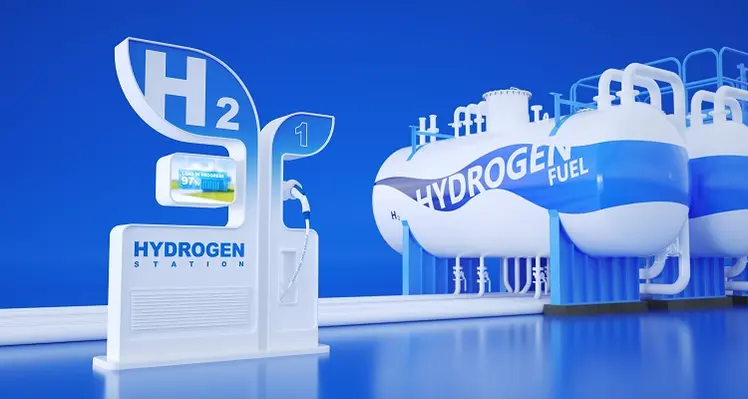Oil and gas producers need to do more to support the energy transition amid a worsening climate crisis fuelled largely by their core products, according to a hard-hitting report from the IEA issued ahead of the COP28 climate summit in Dubai
The Oil and Gas Industry in Net Zero Transitions report sets out what the global oil and gas sector would need to do to align its operations with the goals of the Paris Agreement.
In a pathway to reaching net zero emissions by mid-century, which is necessary to keep the goal of limiting global warming to 1.5 °C within reach, oil and gas use would need to decline by more than 75% by 2050. The report says that the oil and gas sector has been a “marginal force” in transitioning to a clean energy system, currently accounting for just 1% of clean energy investment globally. The sector invested around US$20bn in clean energy in 2022, just around 2.5% of its total capital spending.
“The oil and gas industry is facing a moment of truth at COP28 in Dubai. With the world suffering the impacts of a worsening climate crisis, continuing with business as usual is neither socially nor environmentally responsible,” said IEA executive director Fatih Birol. “Oil and gas producers around the world need to make profound decisions about their future place in the global energy sector. The industry needs to commit to genuinely helping the world meet its energy needs and climate goals – which means letting go of the illusion that implausibly large amounts of carbon capture are the solution.”
All oil and gas companies need to make greater efforts to reduce emissions from their own operations, according to the report. To align with a 'best case' 1.5 °C scenario, the industry’s own emissions need to decline by 60% by 2030. The emissions intensity of oil and gas producers with the highest emissions is currently five to ten times above those with the lowest, showing the vast potential for improvements. Furthermore, strategies to reduce emissions from methane – which accounts for half of the total emissions from oil and gas operations – are well-known and can typically be pursued at low cost.
The US$800bn currently invested in the oil and gas sector each year is double what is required in 2030 on a pathway that limits warming to 1.5 °C, the report says. In that scenario, declines in demand are sufficiently steep that no new long-lead-time conventional oil and gas projects are needed. Some existing oil and gas production would even need to be shut in, and oil and gas is set to become a less profitable and riskier business over time, the report warns.
The report finds that the oil and gas sector is well placed to scale up some crucial technologies for clean energy transitions, in areas such as hydrogen, carbon capture, offshore wind and liquid biofuels. However, to meet the aims of the Paris Agreement, producers would need to allocate 50% of their capital expenditures to clean energy projects by 2030, on top of the investment required to reduce emissions from their own operations.
The report also notes that carbon capture and direct air capture cannot be used to maintain the status quo, particularly given the amount of electricity needed to power these technologies.
“The fossil fuel sector must make tough decisions now, and their choices will have consequences for decades to come,” Dr Birol said. “Clean energy progress will continue with or without oil and gas producers. However, the journey to net zero emissions will be more costly, and harder to navigate, if the sector is not on board.”
Commenting on the report, Adnan Amin, CEO of COP28 said, "The report specifically notes that all sectors must be part of the solution. Real tangible climate action will only come with everyone at the table, and we have always said that we cannot have an energy transition without the energy industry.
"I have consistently called on oil and gas to aim for the highest possible ambitions and deliver urgent action through decarbonisation. We believe the oil and gas industry can do more. That is why I have been calling for the oil and gas industry to align around net zero by or before 2050 and zero out methane emissions by 2030. They must decarbonise their own businesses and support the global transition."










